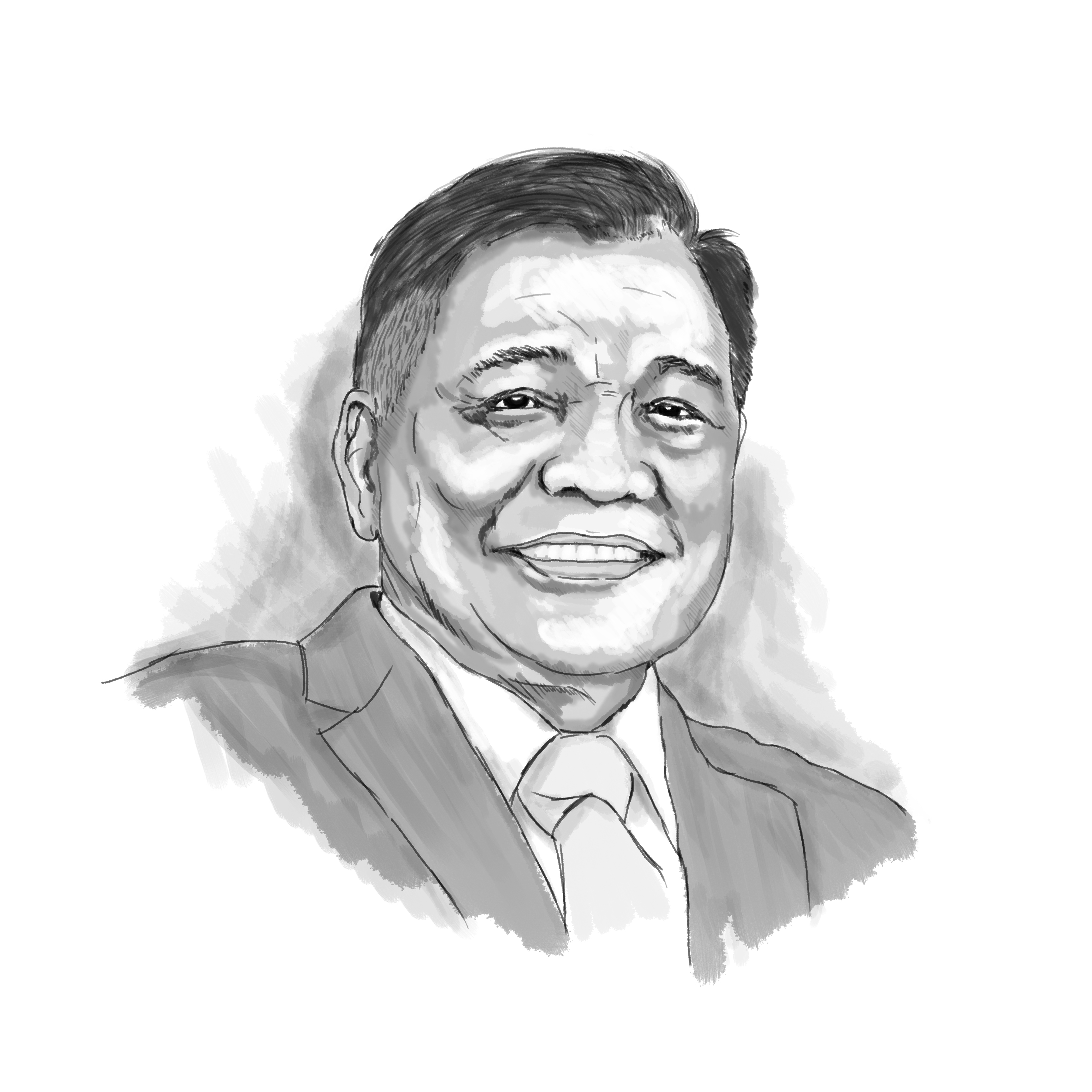FINDING ANSWERS

In any vibrant democracy, the opposition plays a key role as counterbalance to the ruling administration while offering alternative policies and presenting different perspectives and solutions to national issues.
Ideally, a robust opposition provides voters with varied choices of leaders, of their style and platforms of governance – ensuring that democracy is not just about electing leaders, but also about choosing effective policies that best reflect the nation’s interests and values.
In many democracies, an effective opposition exists within an effective political party system whereby political groups present the electorate with clearly differentiated platforms, policies, and viewpoints on vital matters which enable voters to sufficiently scrutinize proposals before making an informed choice on election day.
Sadly, no real honest-to-goodness political party system exists in the Philippines. A genuine party system remains a pipe dream. Our brand of politics remains personality-driven without a clear and coherent party platform of governance.
If we had a truly functioning party system in the Philippines, national and local problems can be analyzed thoroughly and voters would be presented with an array of programs and platforms of governance, as well as highly qualified and principled candidates embodying party principles and who have undergone the party’s stringent process to select competent and compassionate leaders.
But for the longest time, candidates for leadership posts are either self-proclaimed, anointed or crowned by power blocks or vested interest groups. Candidates are winnable because surveys say so, and because they have resources to mount a well-financed and organized campaign.
More often than not, whatever plans and programs presented during the campaign period are usually good only on paper but rarely serve as basis for choosing candidates. While some burning issues of the day are sometimes discussed in campaign sorties, many voters seldom bother to give them serious thought.
Instead, the campaign trail often acquires a fiesta-like atmosphere as voters are offered freebies, and are able to watch free performances of showbiz personalities. Many voters, especially in the past few years after the pandemic struck, have shown great interest not at prevailing issues but at the “ayuda” they can avail of from candidates
With the country’s poverty incidence statistically showing just a little improvement with all the elections in the past three decades, the poor cannot be entirely blamed if they fail to see elections for what it should be – a means of significant change to improve the nation’s plight. The poor just want to literally cash in on elections because they feel their misery will continue whoever wins.
It is in such context that two episodes of Kapihan sa Manila Hotel were recently devoted to the current status of the opposition in Philippine politics, in view of the upcoming 2025 midterm elections and the resignation of Vice President Sara Duterte from the Cabinet.
The Kapihan guests in episode 1 were former Sen. Antonio Trillanes and political analyst Prof. Edmund Tayao, while episode 2 had Sen. Aquilino “Koko” Pimentel III and Rep. Edcel Lagman. All agreed that among the many issues that have been hounding the nation, it is the issue of the West Philippine Sea that could take center stage in the 2025 elections.
While the vice president herself has not openly criticized the administration of President Ferdinand Marcos Jr., her father and siblings have been doing so. Does this imply that the bulk of the opposition presently is now within the ranks of supporters of former President Rodrigo Duterte?
It used to be that the genuine opposition was led by the Liberal Party that was vehemently against the former administration’s deadly war on drugs and the incarceration of former Senator Leila De Lima. But with President Marcos showing a stark contrast in tackling the drug menace, and because former Sen. De Lima had gained freedom under the present administration, there now seems to be no glaring difference between opposition and administration.
It even seems that the ranks of the opposition can now be found among the staunch supporters of former President Duterte, and the bone of contention would continue to be the WPS issue and the pursuit of the implementation of the 2016 arbitral award.
Although there was a time that the former president expressed clearly the value of the arbitral award in his message to the United Nations General Assembly, the impression that remains among most Filipinos is his apparent failure to resist China’s intrusions and aggressive behavior within the Philippines’ exclusive economic zone (EEZ).
While high prices of basic goods, lack of jobs, and grinding poverty remain as top issues in the coming elections, the WPS issue now seems to be nearing the category of a gut issue, especially if cries of our fishermen being deprived of livelihood continue to reverberate, along with the increasing threat to our food security due to destruction of marine resources resulting from Chinese incursions in our EEZ.
Indeed, the faces of the opposition might be shifting. And the difference between the previous and present administration can be seen in the WPS issue clearly – as clear a difference as night and day. ([email protected])